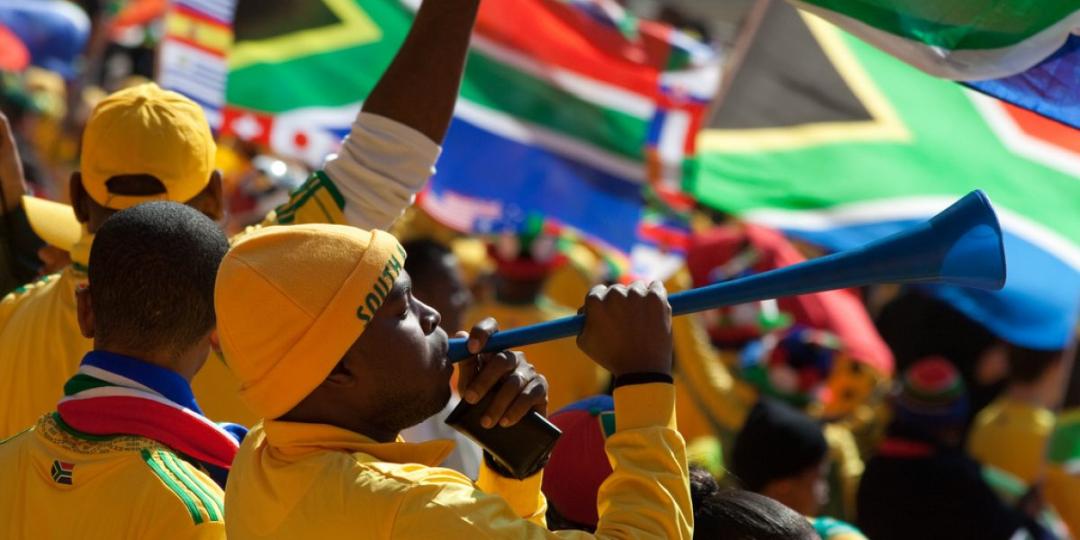For individuals, sports are about competition and enjoyment, but to South Africa’s tourism industry, sport is a money-spinner that attracts more than 50 000 people a year to its shores – with US$3.6 billion pumped into the local economy in 2022, according to Tourvest Destination Management (TDM).
Martin Wiest, CEO of TDM, said sports tourism in South Africa already accounted for between 2% and 5% of the global sports tourism market.
“According to a report by Future Market Insights, a US research company, the contribution of sports tourism in South Africa is set to grow by about 9% annually until at least 2032, ensuring South Africa’s place as one of the most desirable sports destinations in the world.
“During the first half of 2023, more than 29 000 people entered SA to participate in sports events. During this period, the Comrades Marathon alone, as one of the world’s premier ultra-marathon events, contributed about R600 million (€29.6m) to the economy.”
Wiest emphasised that sports tourism's value to South Africa went beyond the obvious benefits of spending money on accommodation, entertainment, and visits to local attractions.
“Major sporting events attract international media coverage, which showcases the host country to a global audience. This offers unprecedented opportunities to promote the country and encourage further tourism.
“Building on these events increases participation in sports as a whole, adds diversity to tourism activities, attracts a broader range of travellers, and reduces the traditional reliance on seasonal tourism because it offers sporting opportunities throughout the year.”
Building a sustainable travel industry
Building a sustainable travel industry creates additional opportunities for a country with major employment challenges.
“According to a recent report by Statista, in 2021 there were about 1.08 million jobs in the sector, an increase of 1.9% over the previous year. If the sports travel market locally increases by the forecast 9% annually, this alone will create many new job opportunities.
“The United Nations International Day of Sport is an opportunity to recognise that sport plays a significant part in the lives of people, communities, and countries. Most importantly, as the UN points out, sport is an effective tool that promotes peace and understanding, enables sustainable development and empowers the youth and women.
“All of this is true for South Africa. Best of all, although tourism is a growing contributor to the national GDP, there is still plenty of room for growth in a country that offers a host of unique attractions to international and local tourists,” said Wiest.
He added that, as the travel industry continued to evolve, so did the chances for businesses to leverage sporting events and activities to create income-generating opportunities.
“The future of sports tourism looks brighter than ever, promising exciting opportunities for travellers and the industry,” Wiest concluded.
























